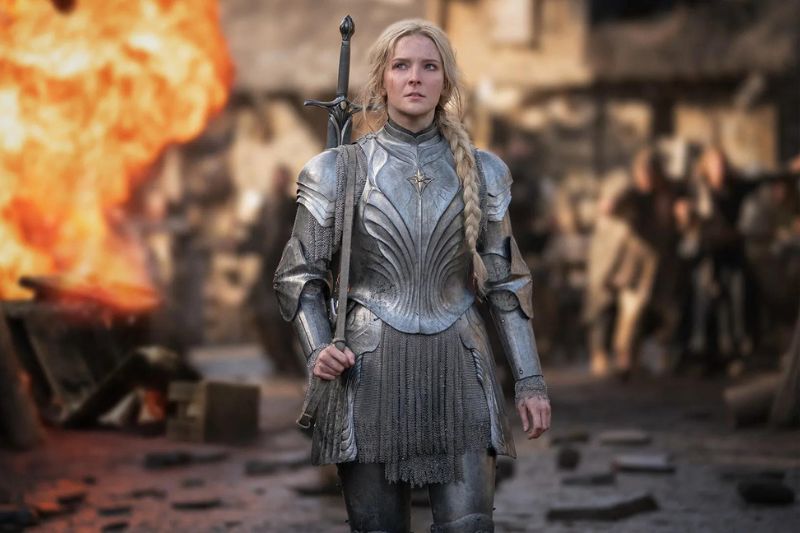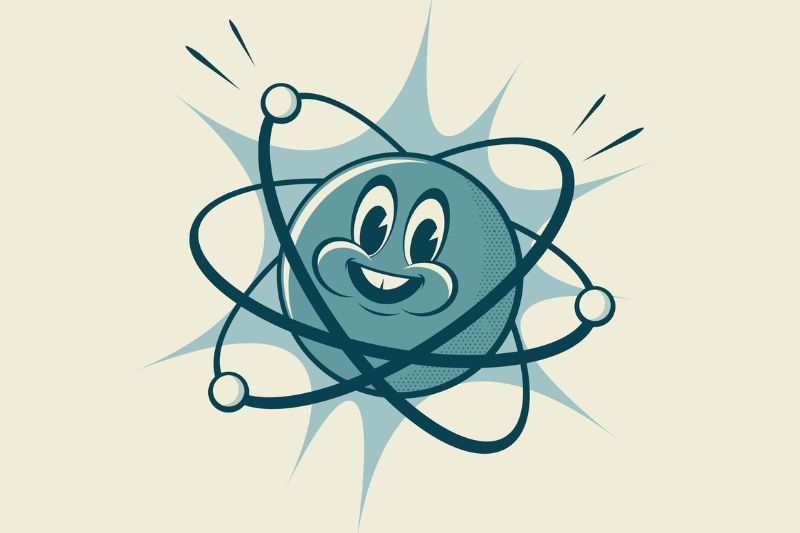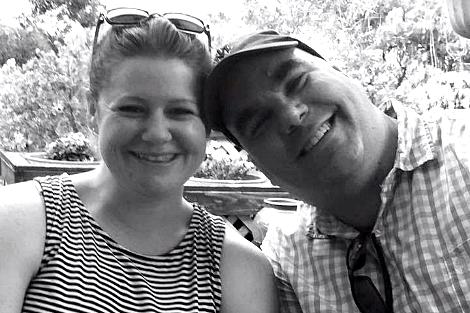Keywords: Terry Pratchett
-

ARTS AND CULTURE
- Juliette Hughes
- 19 September 2024
The latest series of The Rings of Power is a real curate’s egg. Whether having some bits that are good among other bits that are on the nose is a conundrum that this viewer must sort out for herself. Do the bad bits ruin the whole thing?
READ MORE
-

AUSTRALIA
- Juliette Hughes
- 05 June 2024
2 Comments
Since Peter Dutton has reignited the appetite for the dream of unlimited energy from atom-splitting, we have to think about the risks again. Is it more dangerous to keep burning coal and gas and oil and boil the planet than to have a few Chernobyls or Windscales? How do we balance such risks?
READ MORE
-

ARTS AND CULTURE
- Juliette Hughes
- 28 June 2022
1 Comment
How do we know that what we call knowledge is knowledge? How do we know that we know? The two books I have been reading here are both about kinds of knowing. Suzie Sheehy is a particle physicist from my old stamping ground, Melbourne University. Sheehy’s story is of passionate hunters for nothing less than the meaning of everything.
READ MORE 
-

AUSTRALIA
- Michael McVeigh
- 19 March 2019
7 Comments
In the wake of the Christchurch attacks, I’m not interested in learning how the person who killed those people was radicalised. It’s the oldest story in the world. It’s what happens when you decide the humanity of a group of people no longer matters. I’m tired of that story. I need a new one.
READ MORE 
-

RELIGION
- Michael McVeigh
- 12 April 2016
16 Comments
As Pope Francis was releasing his long-awaited response to last year's Synod on the Family, my fiancé and I were taking part in a marriage preparation course, where we were told: 'Statistics tell us that one in three of your marriages will end in divorce ... while only a third of you will have a happy marriage.' If love is a type of craftsmanship, as Francis writes, then our hope is that day to day, with small and large acts of love, we can help each other become masters of our craft.
READ MORE 
-

RELIGION
- Michael McVeigh
- 16 March 2015
4 Comments
'You can't go around building a better world for people. Only people can build a better world. Otherwise it's just a cage.'
When I heard English author Terry Pratchett had died, I immediately jumped online to start looking through some of my favourite quotes from his books. The above, from Witches Abroad, is one of many that have accompanied me over the years.
His 44 Discworld novels could be broadly described as comic fantasy, or fantasy satire, and yet that's really just the starting point for the immense variety of complicated ideas they explored in such a fun, joyous way.
Perhaps strangely for someone whose work is so grounded in atheism, Pratchett has had a profound impact on my religious faith. Read more
READ MORE
-

ARTS AND CULTURE
- Juliette Hughes
- 18 May 2007
Juliette Hughes tells it like it is (or, how it should be).
READ MORE 
-

ARTS AND CULTURE
- Juliette Hughes
- 24 June 2006
Juliette Hughes reviews Terry Pratchett’s The Wee Free Men and Eoin Colfer’s Artemis Fowl: The Eternity Code.
READ MORE 
-

ARTS AND CULTURE
- Juliette Hughes
- 08 May 2006
‘We live in the time where we have fictitious election results that elect a fictitious president’, said Michael Moore at the 2003 Academy Awards. Nothing has happened yet.
READ MORE 